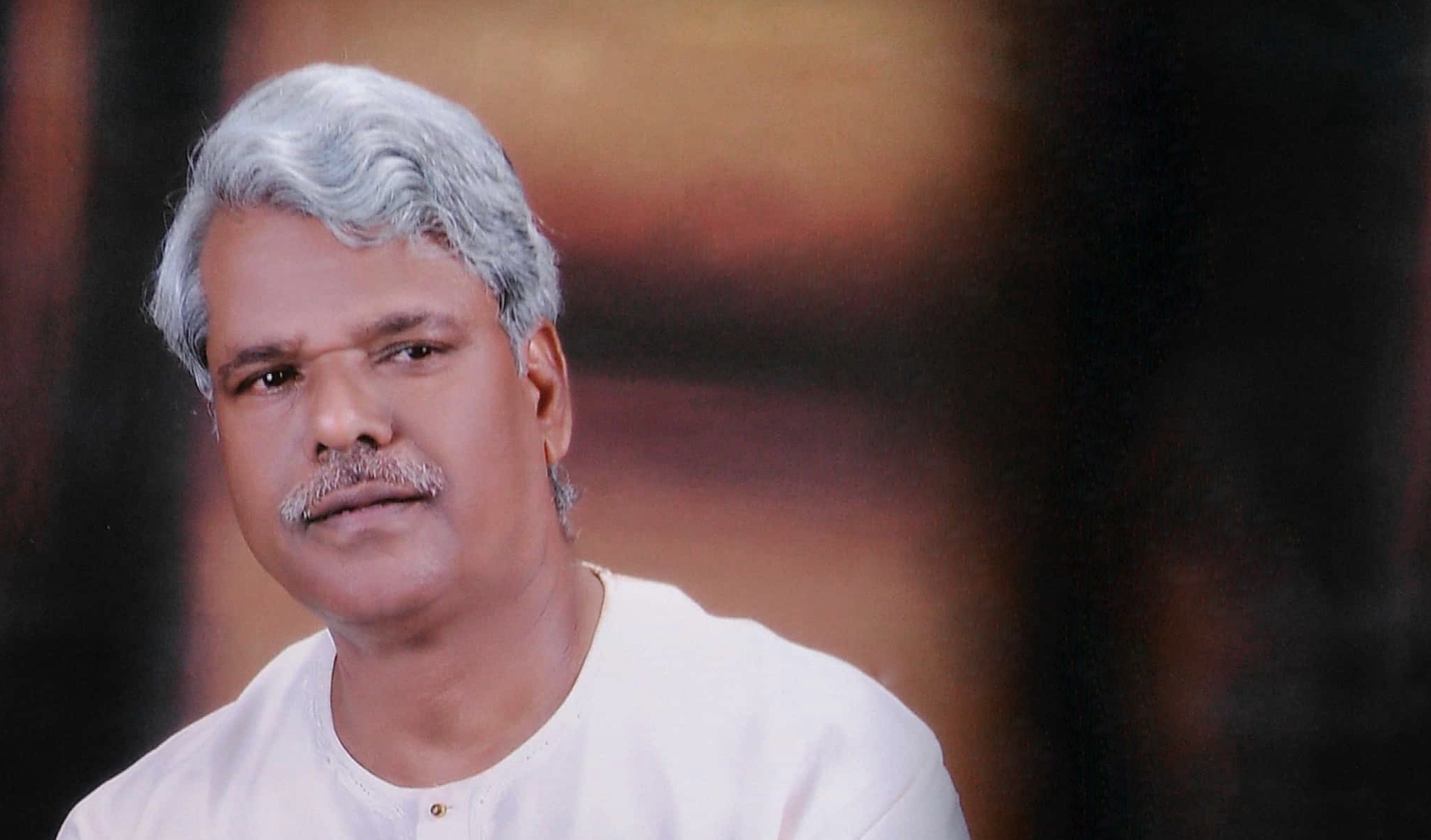In an interview with The Sunday Guardian, Dalit writer and activist Aravind Malagatti talks about his novella, ‘Karya’.
Dalit writer and activist Aravind Malagatti is a renowned name in Kannada literature and his 1988 novella ‘Karya’ has now been translated into English by Susheela Punitha. The powerful novella, published by Penguin, revolves around a death ceremony and the religious rituals that ensue. It is a critique not just of these rituals but it also highlights the tragedy of Dalit lives and the politics and power play involved. In this conversation with The Sunday Guardian, Malagatti, a Karnataka Sahitya Academy Award and Ambedkar Fellowship Award-winner talks about the novella, relevance of Dr Ambedkar’s philosophy even today and what he hopes to see in his lifetime.
TSG: More Dalit voices are being heard today than before and yet circumstances are still not changing. Why do you think this is?
Aravind Malagatti: Dalit movements arise and lose their vigor in the respective states. One state is influenced by other. But it cannot acquire same vigor simultaneously in all states- the reason for this is the delay in the first generation literates and resulting gap in different states of this country. Presently, Dalit movement has reached the threshold in many states and is almost ready to explode. This explosion is not far away.

TSG: As a writer, do you think novellas like ‘Karya’ translated in English help people understand the Dalit world and the atrocities they face?
AM: Dalit fiction, novellas and autobiographies open up the Dalit inner self. The translation definitely has its influence on the readers all over the country. In this context, the presenting style of ‘Karya’ novella is different; it lets the reader experience the atrocities done against Dalits and their conditions of life and tries to create a mindset of change.
In the society, indirectly – it prepares the reader for the struggle against inequality. The novel should develop some sort of dissatisfaction about the present conditions of the society in the minds of the readers. ‘Karya’ does it successfully. Discourse in Kannada literature and the effects can be analyzed. This itself is an indication of its effects.
TSG: ‘Karya’ focuses on religion and rituals. Do you think these continue to have a major significance in today’s world?
AM: This novel puts forth religion and rituals and attempts to analyze the lives of Dalits. Though it was published in 1988, it is more relevant to present circumstances also considering the social and religious aspects of the Indian society. This work tries to portray that man loses his independent thinking due to excessive dependence on religious beliefs and rituals. It also prompts on how we must frame the path of life meaningfully.
TSG:How did you come about writing Karya in 1988? What inspired the book?
AM: I was involved in the Dalit movement then. Ideology of the movement was brooding within. I was in Dharwad when my grandmother expired and I couldn’t attend her funeral on time. But I was able to make it on the third day of the ritual. The people from the community had all gathered at the graveyard, I too joined them. While moving in an open space – the fiery coal which was carried on the dried cow dung (as the ritual dictates) caught fire due to the wind. Though the fire burnt the hands of the person carrying it, he did not throw it. The dried cow dung which fell on the side was used to protect the fire. “What would have happened if the person threw away the fire?” This question haunted me. Other relevant incidents I had heard and seen linked to the issue became the central theme of the novella.
TSG: You are also an activist. How much of an inspiration is Dr. Ambedkar for you?
AM: I was initially attracted to Marxism. Later, I inevitably had to assess it with Ambedkar, Gandhi and Lohiya ideologies. Ultimately, it was Ambedkar’s philosophy which made the most sense. What are the original reasons for our native problems? What are the solutions to them? I felt that these questions could be genuinely answered by Ambedkar’s philosophy. Ambedkar’s thoughts are like the staple food, air and light. And other philosophies supplement understanding of reality.
TSG: What advice would give other writers – especially Dalit writers?
AM: Dalit autobiographies, short stories and novels present life. Criticism is the crown it wears. Criticism and intellectual literature are backbone of the movement. I would like to ask Dalit writers to bring out more critical and intellectual literature though you usually start your literary journey with fiction and novels. There should be no division between activists and literary scholars/social thinkers. Dalits should strive forward considering that those are the two faces of same coin. Dalit women should be given leadership. The movement should be strengthened at a national level.
TSG: What would like to see change in your lifetime?
AM: We are broken due to our differences in our country on the basis of caste, religion, Varna, borders and language. Leaving all this behind, we need to live a life of harmony. Since we live in a delusional world, we are ruled by ignorance. Even though we say that ours is the biggest democracy in world, we still have not become aware citizens. Nothing can be achieved without purposeful knowledge. I dream that all of us Indians will one day work harmoniously towards unity, equality and understanding.

